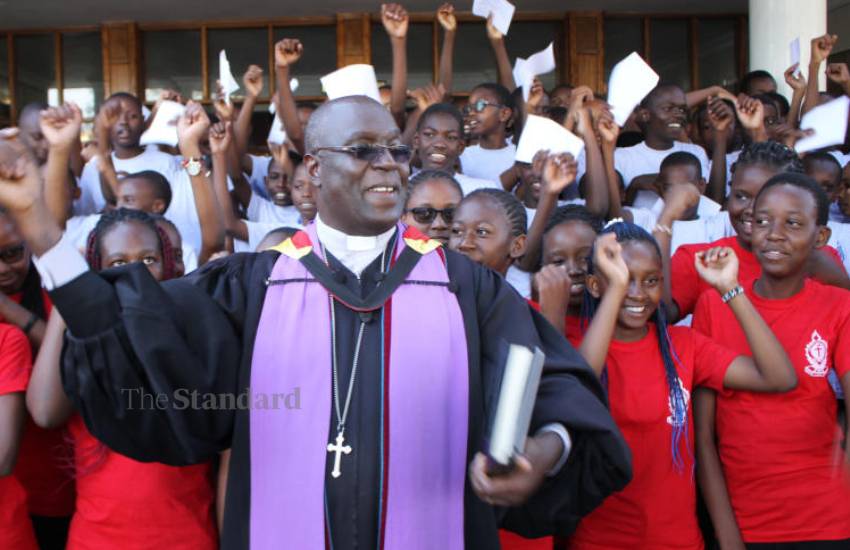×
The Standard e-Paper
Join Thousands Daily

When Janet Ngotah’s son was born, she wanted him circumcised immediately after birth. However, she kept postponing the procedure and, soon, he was aged 10.
“When he turned 10 last year, his father and I agreed to take him to a rite of passage programme. However, the pandemic happened and so we had to wait a little longer. When schools closed in March, we decided to grab the opportunity,” she says.